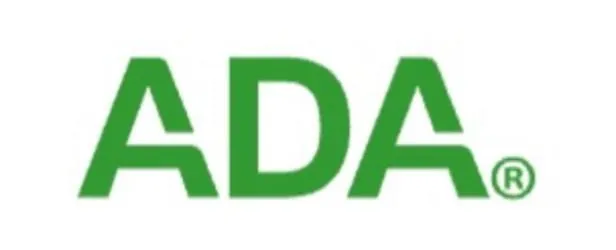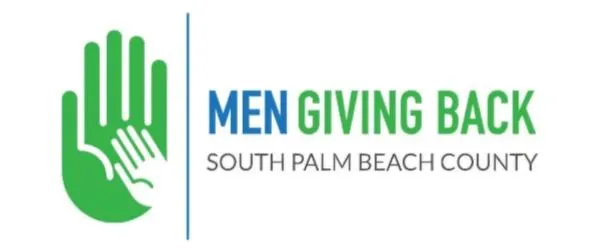Oral Cancer Exams
Oral Cancer Exams
We have recent good news about progress against cancer. It is now easier than ever to detect oral cancer early, when the opportunity for a cure is great. Only half of all patients diagnosed with oral cancer survive more than five years.
We have the skills and tools to ensure that early signs of cancer and pre-cancerous conditions are identified. You and your dentist can fight and win the battle against oral cancer. Know the early signs and see your dentist regularly.
Oral Cancer often starts as a tiny, unnoticed white or red spot or sore anywhere in the mouth. It can affect any area of the oral cavity including the lips, gum tissue, check lining, tongue and the hard or soft palate. Oral Cancer most often occurs in those who use tobacco in any form.
Early Signs Include:
- A sore that bleeds easily or does not heal
- A color change of the oral tissues
- A lump, thickening, rough spot, crust or small eroded area
- Pain, tenderness, or numbness anywhere in the mouth or on the lips
- Difficulty chewing, swallowing, speaking or moving the jaw or tongue
- Alcohol use combined with smoking greatly increases risk
- Prolonged exposure to the sun increases the risk of lip cancer
Give us a call at (561) 395-4500 to schedule your next oral cancer exam.
Regular Checkups Are Important
Oral cancer screening is a routine part of a dental examination. Regular check-ups, including an examination of the entire mouth, are essential in the early detection of cancerous and pre-cancerous conditions. You may have a very small, but dangerous, oral spot or sore and not be aware of it.
Your dentist will carefully examine the inside of your mouth and tongue and in some patients may notice a flat, painless, white or red spot or a small sore. Although most of these are harmless, some are not. Harmful oral spots or sores often look identical to those that are harmless, but testing can tell them apart. If you have a sore with a likely cause, your dentist may treat it and ask you to return for re-examination.
Dentists often will notice a spot or sore that looks harmless and does not have a clear cause. To ensure that a spot or sore is not dangerous, your dentist may choose to perform a simple test, such as a brush test. A brush test collects cells from a suspicious lesion in the mouth. The cells are sent to a laboratory for analysis. If precancerous cells are found, the lesion can be surgically removed if necessary during a separate procedure. It’s important to know that all atypical and positive results from a brush test must be confirmed by incisional biopsy and histology.
What Our Patients Say
Schedule Your Next Appointment







Hours
Monday: 8-3
Tuesday:8-5
Wednesday: 8-5
Thursday: 8-3
Friday: closed
Saturday: closed
Sunday: closed
Email
[email protected]
Phone
(561) 395-4500
Address
333 Camino Gardens Blvd.
Plaza III
Boca Raton, FL 33432
Patient Information
Patient Form
Privacy Policy | Terms and Conditions
Copyright 2025 | All rights reserved | Design by Digital Skratch



